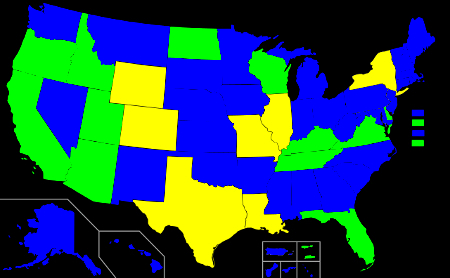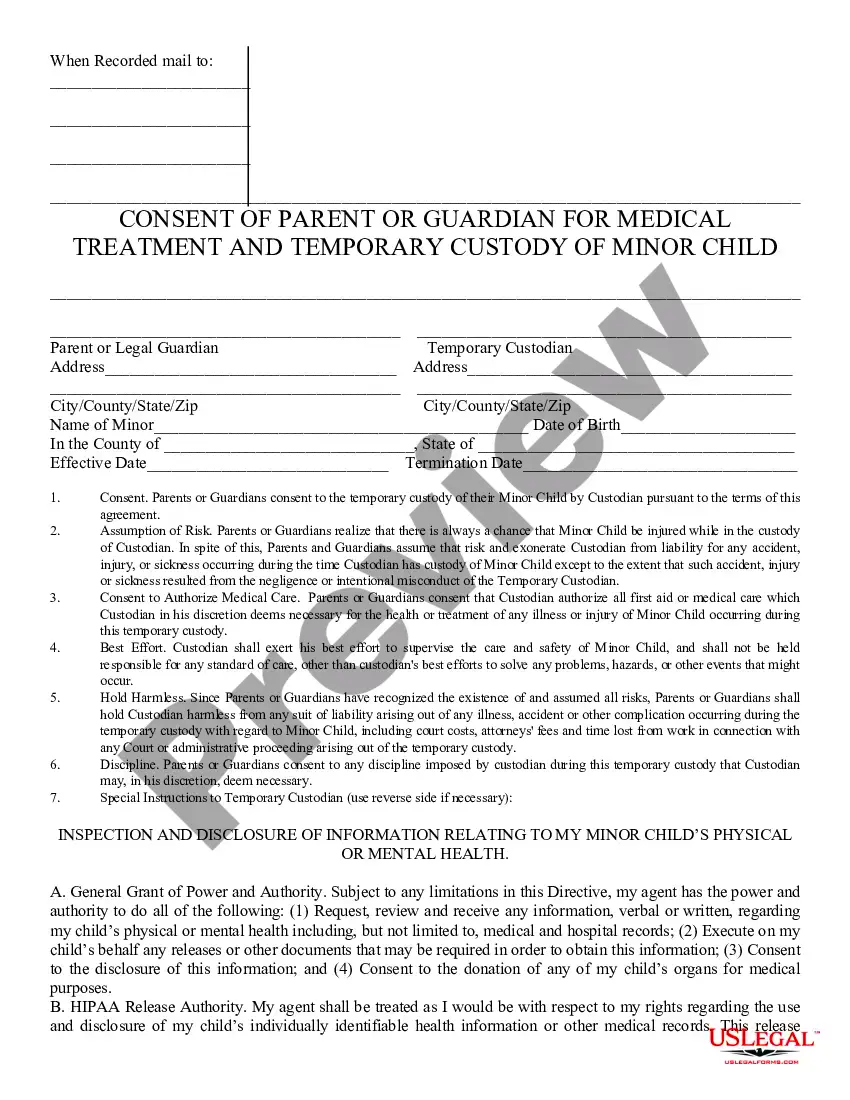Arizona Consent Laws and Legal Age Requirements
Consent laws are essential to understanding personal rights and responsibilities in any state. In Arizona, these laws protect individuals from exploitation and abuse, particularly concerning minors. It’s crucial to grasp these regulations to ensure healthy relationships and informed decision-making. This blog post will explore the legal age for consent, exceptions to these laws, and the implications for those affected.
Understanding Legal Age for Consent in Arizona

The legal age for consent in Arizona is 18 years old. This means individuals under this age cannot legally agree to sexual activities. Here are some key points to consider:
- Age of Majority: At 18, a person is considered an adult and can make decisions regarding their body and relationships.
- Criminal Implications: Engaging in sexual activities with someone below the legal age can lead to serious legal consequences, including charges of statutory rape.
- Parental Involvement: Parents or guardians play a vital role in educating minors about consent and healthy relationships.
It’s important for both parties to understand their rights and responsibilities in any relationship. Education around these laws can help prevent misunderstandings and promote safer environments.
Exceptions to Consent Age Requirements

While the general rule is that the legal age for consent in Arizona is 18, there are some exceptions to consider:
- Close-In-Age Exemption: Arizona has a “Romeo and Juliet” law that allows individuals aged 15 to 17 to engage in consensual sexual activity with someone who is less than 19 years old, provided the age difference is less than 24 months.
- Married Minors: If a minor is legally married, they can consent to sexual activities regardless of age.
These exceptions are designed to recognize that not all relationships fit neatly into legal definitions. Understanding these nuances is crucial for navigating the law and ensuring that all parties are treated fairly.
Legal Implications of Consent Laws

Understanding the legal implications of consent laws is vital for anyone living in Arizona. These laws not only protect minors but also outline serious consequences for those who violate them. Engaging in sexual activities with someone below the legal age can lead to severe criminal charges, which may include:
- Statutory Rape: This is a serious crime in Arizona. Even if both parties believe the relationship is consensual, the law sees it differently when one party is below 18.
- Criminal Record: A conviction can lead to a permanent criminal record, impacting future employment and personal relationships.
- Sex Offender Registration: Those convicted of statutory rape may be required to register as sex offenders, which has long-term consequences on housing, employment, and social standing.
It’s also important to note that consent laws are not just about age. They address issues of coercion, manipulation, and the ability to give informed consent. Legal protections exist to ensure that individuals can engage in relationships free from fear of exploitation or harm.
How Consent Laws Affect Relationships
Consent laws significantly shape the dynamics of personal relationships in Arizona. These laws aim to create a safe and respectful environment for all individuals involved. Here’s how they impact relationships:
- Clear Boundaries: Knowing the legal age for consent helps establish clear boundaries, which can prevent misunderstandings between partners.
- Encouragement of Open Dialogue: These laws promote discussions about consent, communication, and respect, fostering healthier relationships.
- Empowerment: Understanding consent laws empowers individuals, especially minors, to assert their rights and make informed decisions.
By promoting knowledge about consent laws, individuals can build relationships based on mutual respect and understanding, ultimately reducing the risk of legal issues arising from a lack of awareness.
Reporting and Legal Actions for Violations
If consent laws are violated, it’s crucial to understand how to report such incidents and what legal actions can be taken. Arizona has processes in place to address violations effectively:
- Reporting to Authorities: Victims or witnesses can report incidents to law enforcement. It’s essential to gather as much evidence as possible, including text messages, photos, or witness accounts.
- Legal Counsel: Consulting with a lawyer who specializes in criminal law can provide guidance on navigating the legal system. They can help victims understand their rights and options.
- Civil Suits: In addition to criminal charges, victims may pursue civil lawsuits against the offender for damages related to the violation.
It’s important for victims to know they are not alone. Resources and support systems are available, including hotlines and counseling services, to assist them through this challenging process.
Resources for Understanding Consent Laws
Understanding consent laws can be challenging, but there are plenty of resources available to help individuals navigate these important topics. Whether you’re a student, parent, or someone seeking information, these resources can provide clarity and support:
- Government Websites: Arizona’s official government website offers comprehensive information about consent laws and legal age requirements. These sites often include downloadable resources and guidelines.
- Legal Aid Organizations: Non-profit organizations such as the Arizona Legal Center provide free legal advice and assistance. They can help clarify consent laws and offer guidance for specific situations.
- Educational Institutions: Many schools and universities offer workshops and seminars on consent education. These programs promote awareness and provide students with the knowledge they need to understand their rights.
- Hotlines and Support Services: Organizations like the National Sexual Assault Hotline offer confidential support and information for victims of sexual violence. They can provide resources tailored to specific circumstances.
By utilizing these resources, individuals can better understand their rights and responsibilities regarding consent, ensuring safer and healthier interactions.
Common Misconceptions About Consent Laws
There are several misconceptions surrounding consent laws that can lead to confusion and misunderstandings. Here are some of the most common myths:
-
- Myth 1: If both parties are minors, it’s okay to engage in sexual activity.
This is not true; even if both individuals are minors, engaging in sexual activities may still violate consent laws, especially if one party is significantly younger.
-
- Myth 2: Consent can be assumed based on a prior relationship.
Consent must be obtained for every interaction. Past consent does not guarantee future consent.
-
- Myth 3: Only the person who is older can be charged with a crime.
Both parties can face legal consequences if one is below the age of consent, regardless of age differences.
-
- Myth 4: Consent is the same as agreement.
Consent involves clear, informed, and voluntary agreement. It’s essential to communicate openly about boundaries and intentions.
By debunking these myths, individuals can gain a clearer understanding of consent laws, promoting healthier relationships and reducing the risk of legal issues.
FAQ
Here are some frequently asked questions regarding consent laws in Arizona:
- What is the legal age of consent in Arizona?
The legal age of consent in Arizona is 18 years old. - Are there any exceptions to the age of consent?
Yes, Arizona has a “Romeo and Juliet” law that allows individuals aged 15 to 17 to engage in consensual sexual activities with partners less than 19 years old if the age difference is less than 24 months. - What should I do if I believe my rights have been violated?
If you feel your consent has been violated, report the incident to law enforcement and consider seeking legal advice. - Can consent be revoked?
Yes, consent can be revoked at any time, and all parties must respect that decision. - Where can I find more information about consent laws?
Check government websites, legal aid organizations, and educational institutions for resources and information on consent laws.
These FAQs help clarify common doubts about consent laws, empowering individuals to make informed decisions and engage in respectful relationships.
Conclusion
Understanding consent laws in Arizona is vital for fostering safe and respectful relationships. By knowing the legal age for consent, the exceptions, and the implications of these laws, individuals can navigate their interactions with greater awareness and responsibility. Education plays a crucial role in breaking down misconceptions and promoting open discussions about consent. Resources are available to assist anyone seeking information or support, ensuring that everyone can make informed decisions. It’s essential to respect boundaries, communicate openly, and always prioritize consent to create a culture of trust and safety in all relationships.


